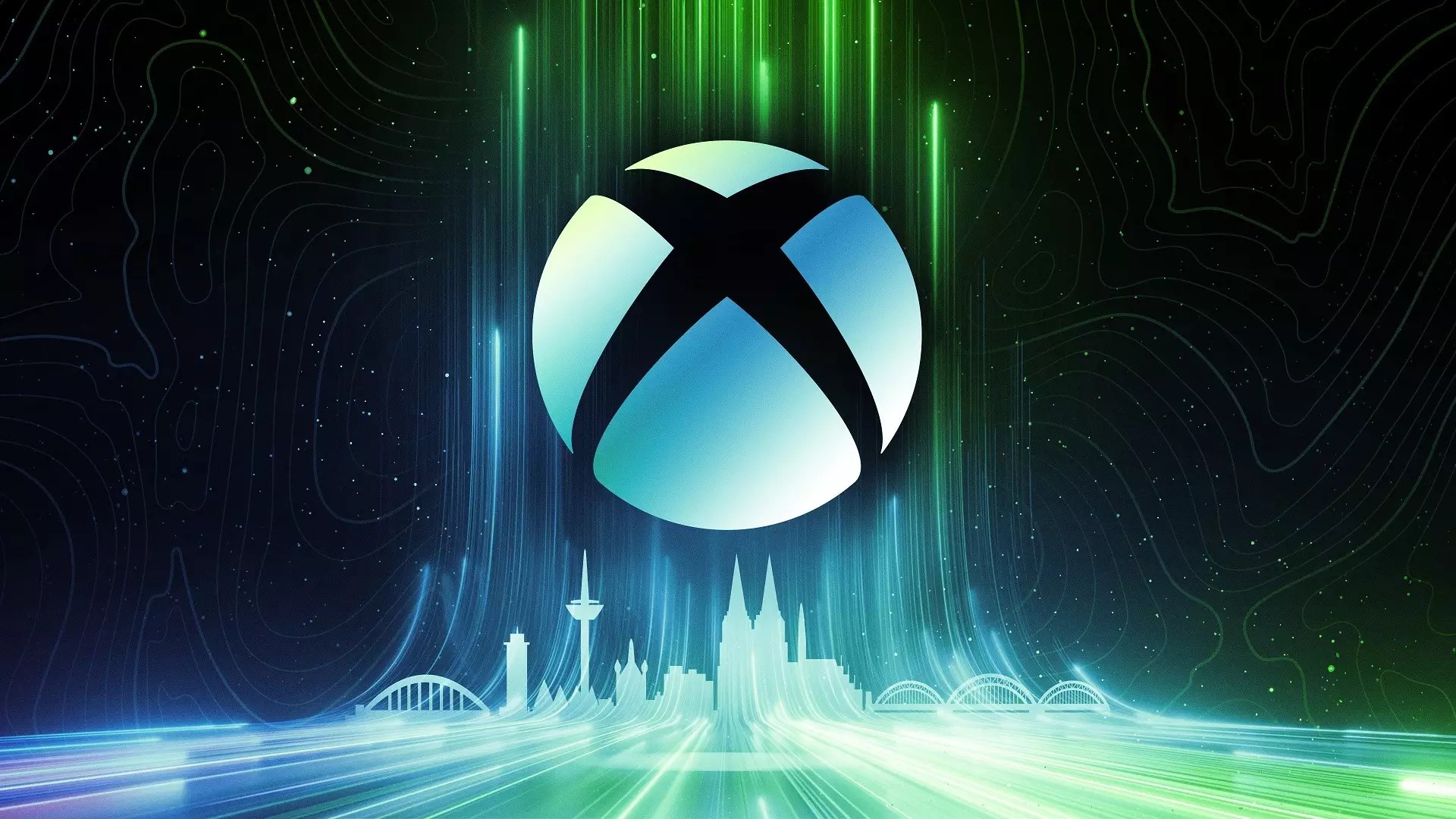In the rapidly evolving world of gaming, the traditional approach of enticing players through exclusives is progressively losing its luster. Industry analyst Mat Piscatella’s insights illuminate a significant paradigm shift: gamers are now more entrenched in their ecosystems than ever before. The days when a blockbuster exclusive was sufficient to sway purchasing decisions are waning. Instead, gamers prioritize accessibility, social connectivity, and value—elements that transcend platform boundaries. This transformation demands game publishers and console manufacturers to rethink their strategies fundamentally.
The iconic appeal of Xbox’s multi-platform approach exemplifies this new reality. Titles like Forza Horizon 5 demonstrate that, despite being available on multiple platforms—including PlayStation—players are still eager to engage with the franchise. The immense success of Horizon 5, generating 2 million sales on PS5 alone within its months of release, evidences that消费者s are willing to pay and engage wherever their interests align, regardless of platform exclusivity. This refocus on content accessibility suggests that the era of platform-exclusive dominance may be nearing its end. Instead, success now hinges on delivering engaging content across ecosystems, ensuring that players can access their favorite titles without limitations.
Cross-Platform Accessibility as a Strategy for Market Dominance
The strategic implications are clear: gaming companies must prioritize cross-platform release to maximize reach and revenue. Sony’s approach illustrates this shift well. By porting key franchise titles like Spider-Man, Uncharted, and God of War onto PC, Sony capitalizes on extending the lifespan and profitability of high-profile exclusives. The decision to acquire Nixxes, a porting specialist, reflects an understanding that accessibility multiplies sales and increases brand loyalty. As Piscatella notes, the re-emergence of older titles on current charts signifies consumer interest driven by platform availability, not just new releases.
Meanwhile, Xbox’s multi-platform push embodies this philosophy. Microsoft’s embrace of third-party partnerships and game portfolio inclusive of multiple platforms reflects a pragmatic acknowledgment that players prize ecosystem flexibility over traditional exclusivity. The potential expansion of Xbox titles to Switch or other platforms could redefine industry standards, challenging notions that platform loyalty equates to sales dominance. Historically, companies like Electronic Arts have already demonstrated this with their strategic move of popular IP back onto Steam, reversing the trend of platform siloing.
Beyond Consoles: The Broader Implications for the Industry
The industry’s transition towards multi-platform releases signals a broader cultural shift—one favoring player choice over corporate asset hoarding. As consumers become more discerning and less tethered to specific hardware brands, publishers must adapt. Sony’s successful PC ports, coupled with Nintendo’s willingness to embrace cross-platform Imaginings, highlight an industry-wide acknowledgment that reaching players wherever they are is vital.
Interestingly, this renewed focus on cross-platform availability also fosters healthier competition among publishers. When exclusivity loses its monopoly on market influence, consumer-centric strategies become paramount. It’s no longer enough to have the most powerful hardware; publishers must curate compelling content and ensure it’s accessible across devices. The question now is not who owns the exclusive rights, but how well content performs across platforms and how these decisions shape consumer loyalty in a landscape where loyalty is more fluid than ever.
Moving forward, industry giants might increasingly view platform wars as less about who controls hardware and more about who delivers the best ecosystem experience. As more titles appear simultaneously on multiple platforms, consumers are given unprecedented freedom—yet it also puts pressure on companies to innovate in how they engage and retain their audience within these flexible ecosystems.
The future of gaming is undeniably multi-platform, driven by consumer preferences for content access and social connectivity. Success now depends on strategic cross-platform releases, smarter porting, and understanding that gamers’ loyalty is earned through value and versatility rather than exclusivity. In this transformed environment, publishers and console makers alike must accept that the power lies increasingly in delivering engaging, accessible experiences across all devices. Those who adapt—embracing openness and consumer-centric strategies—will shape the industry’s trajectory for years to come.


Leave a Reply